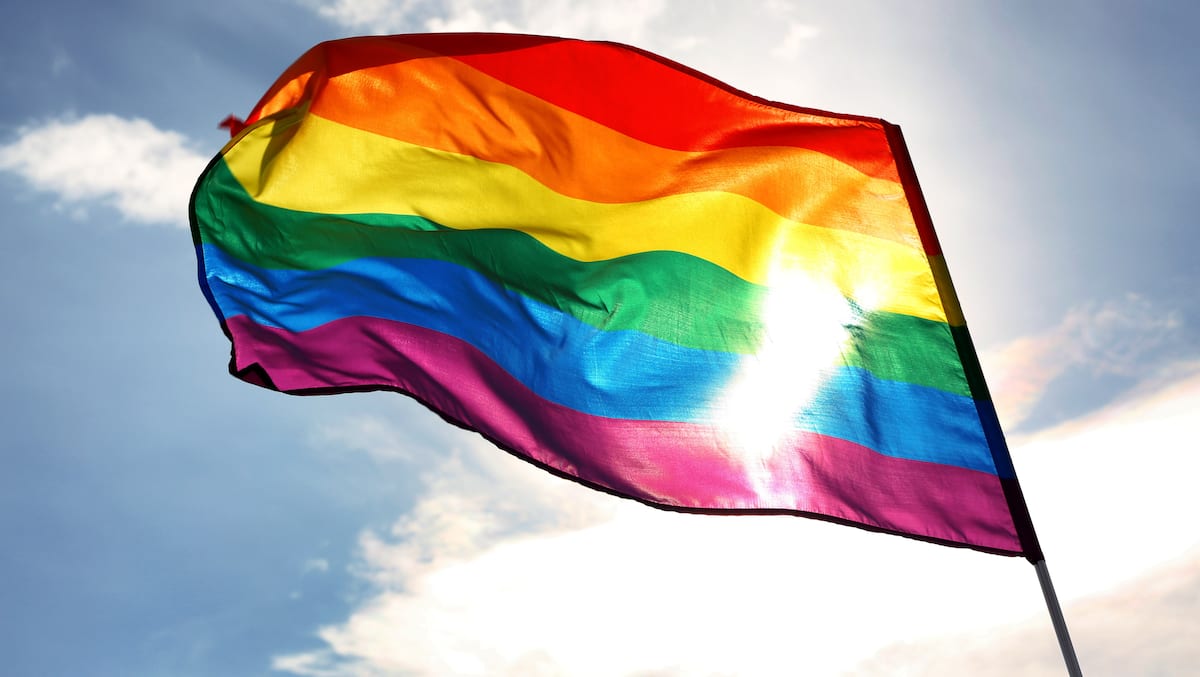
Iraq's parliament on Saturday adopted a law criminalizing same-sex relationships and gender reassignment, punishable by up to 15 years in prison, and the first to carry the death penalty.
In response, the NGO Amnesty International criticized AFP for a “fundamental human rights violation”, saying the amendments adopted on Saturday “endanger Iraqis who are already persecuted on a daily basis” in a conservative country where sexual minorities are hidden.
The amendments, which replace the 1988 Anti-Prostitution Act, were adopted during a session attended by 170 of the 329 MPs, according to a press release from the Parliamentary News Service.
According to the text consulted by AFP, the new rules would impose prison terms of ten to 15 years for same-sex relationships, as well as swinging practices involving wives.
The law bans “any organization promoting homosexuality in Iraq,” punishable by seven years in prison for “promoting” same-sex relationships.
It prohibits “changing biological sex based on personal desires or preferences” and imposes one to three years in prison for the person or doctor involved in the change.
Impure behavior
A similar punishment is meted out to any man whose behavior is considered feminine.
Iraqi society rejects homosexuality, and the small LGBT+ community is often the target of “kidnappings, rapes, torture and assassinations” by armed groups that enjoy “impunity,” Human Rights Watch (HRW) noted in a report in 2022.
“Iraq has effectively codified legally the discrimination and violence carried out with complete impunity against members of the community,” Amnesty's researcher Razau Salihi told AFP.
Iraq used a 1969 Penal Code to criminalize LGBT+ people, relying on an article that provides for “life imprisonment or several years in prison” for homosexuality.
MP Raid al-Maliki acknowledges that the referendum, originally scheduled for mid-April, was postponed to avoid “impacting” Prime Minister Mohamed Zia al-Saudani's visit to Washington in the wake of the amendments.
“There is American and European disapproval of the law,” he admits. “But for us this is an internal matter and we refuse any interference.”
“Today, we know that Iraqi society rejects (homosexuality, editor's note), but there is a deliberate promotion of cultures that we do not recognize,” he believes. “The future concerns us, and a kind of preventive law to protect society.”
The U.S. State Department is “deeply concerned” by the law, spokesman Matthew Miller responded Saturday at X, lamenting that the law threatens the most vulnerable people in Iraqi society and “undermines the government's economic and political reform efforts.”





More Stories
2021 Video is coming back | Trump’s pairing stirs controversy: Is Kamala Harris unhappy at the helm?
Barack Obama has announced that he will support Kamala Harris as a candidate for the presidency of the United States
Chaos after attack on Trump: New video confirms agents saw shooter